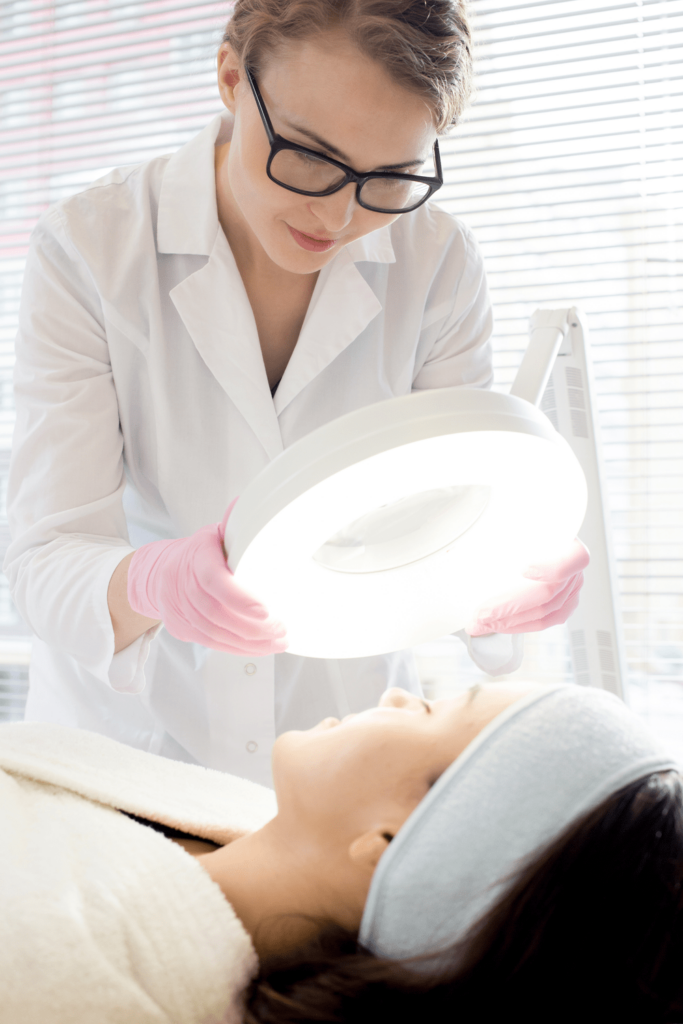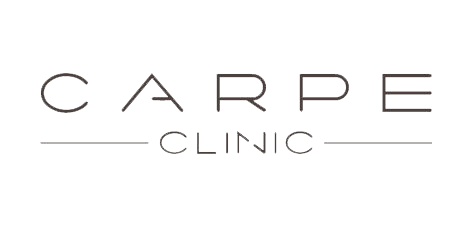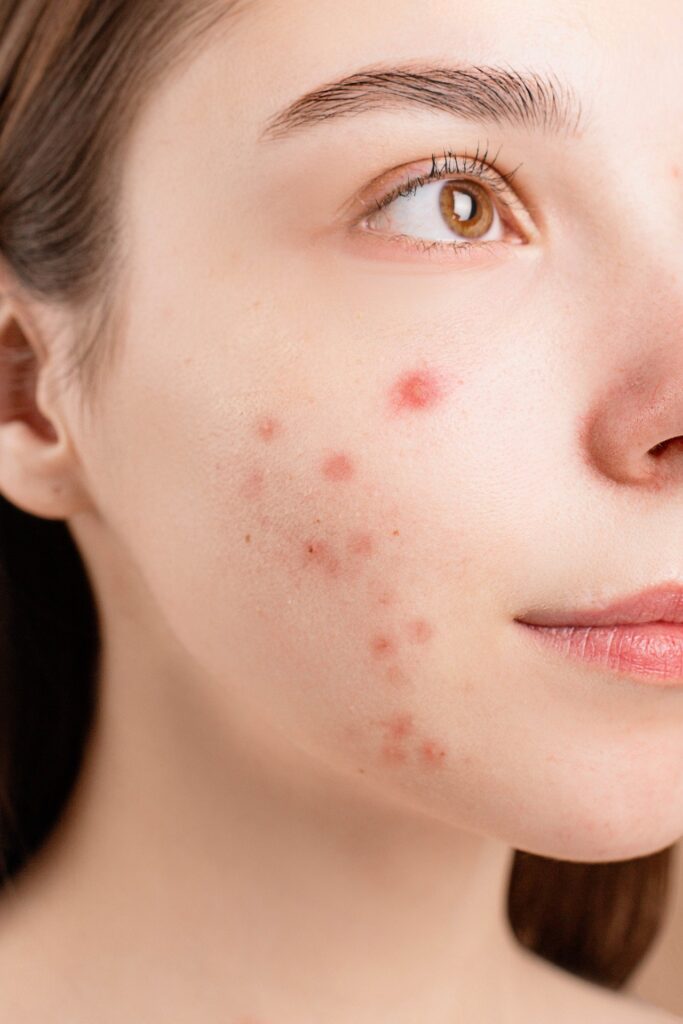What are blackheads?
Blackheads, also known as comedones, is a common skin problem that affects people of all ages worldwide. Comedones belong to the category of acne and occur when pores become clogged with excess sebum (skin oil), dead skin cells and bacteria. This accumulation of impurities results in small, dark dots appearing on the surface of the skin. Although they occur most often on the face, blackheads can also occur elsewhere on the body, such as the back, chest, shoulders and arms.
Common forms of blackheads
Comedones have two common forms:
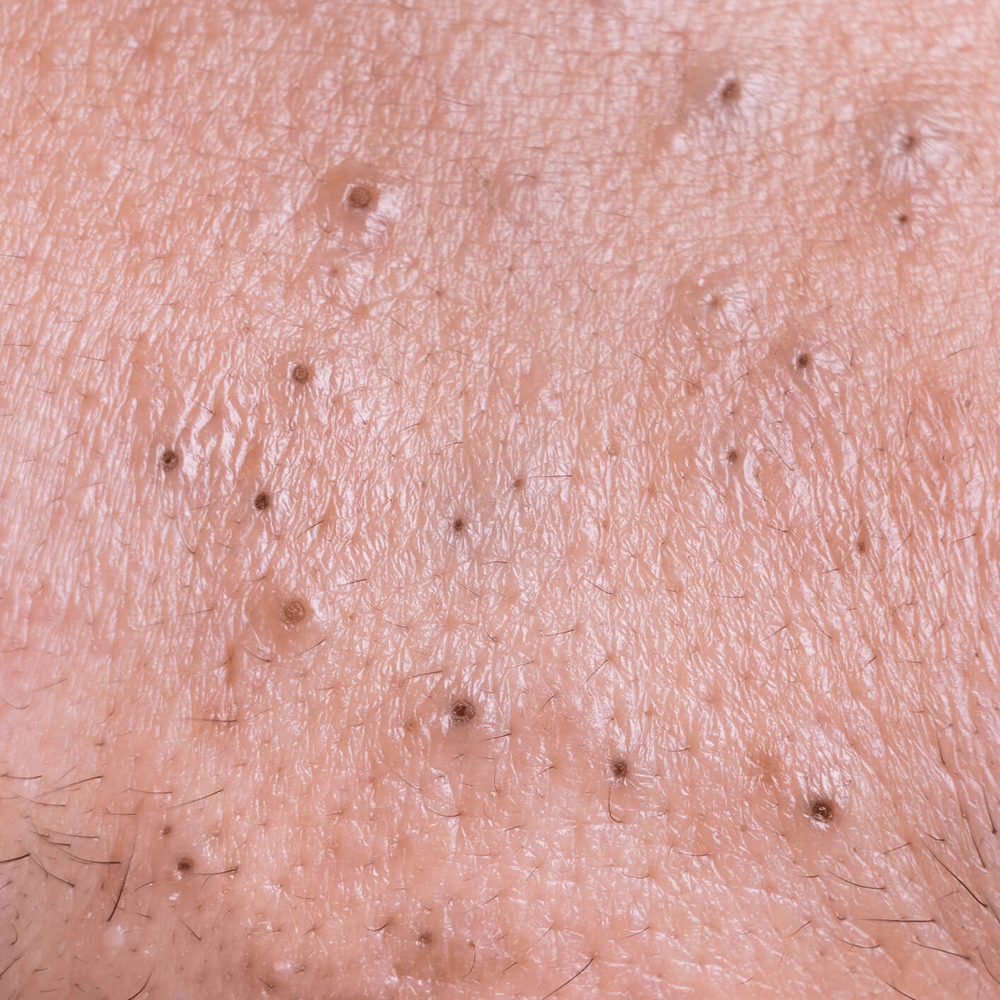
Open comedones: open comedones, also known as blackheads or blackheads, get their name from the fact that the pores remain wide open, revealing the dark accumulation of sebum and dead skin cells. The dark appearance of the blackhead is caused by the oxidation of sebum and dirt when it comes into contact with the air.
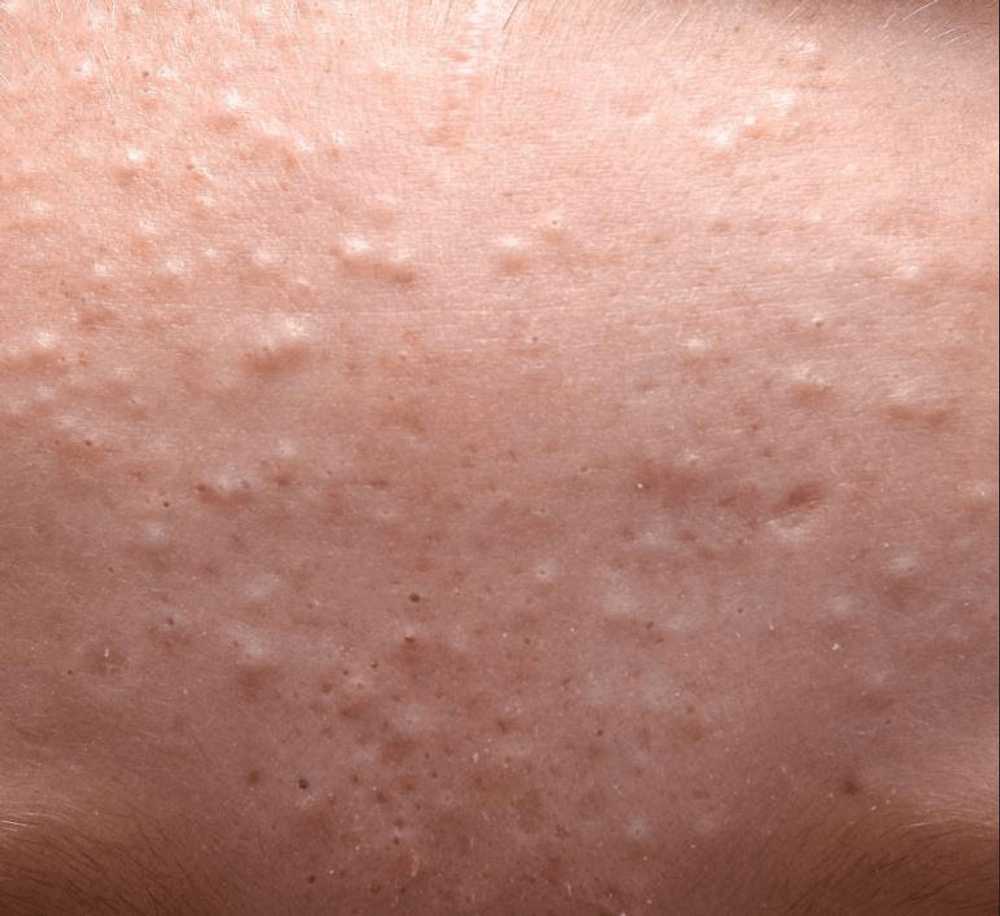
Closed comedones: closed comedones, also called white blackheads, have a thin layer of skin that closes off the pore, giving the blackhead a white or yellowish color. Because the pore is closed, the accumulation of sebum and dead skin cells is not visible to the naked eye. However, these closed comedones can turn into inflamed pimples if bacteria enter and cause an inflammatory reaction.
Microcomedones: the tiny precursors
Before blackheads become visible, the process begins with microcomedones. These are the precursors of comedones, which occur when pores are not yet completely clogged, but there is an accumulation of sebum and dead skin cells. If left untreated, these microcomedones can develop into visible comedones.
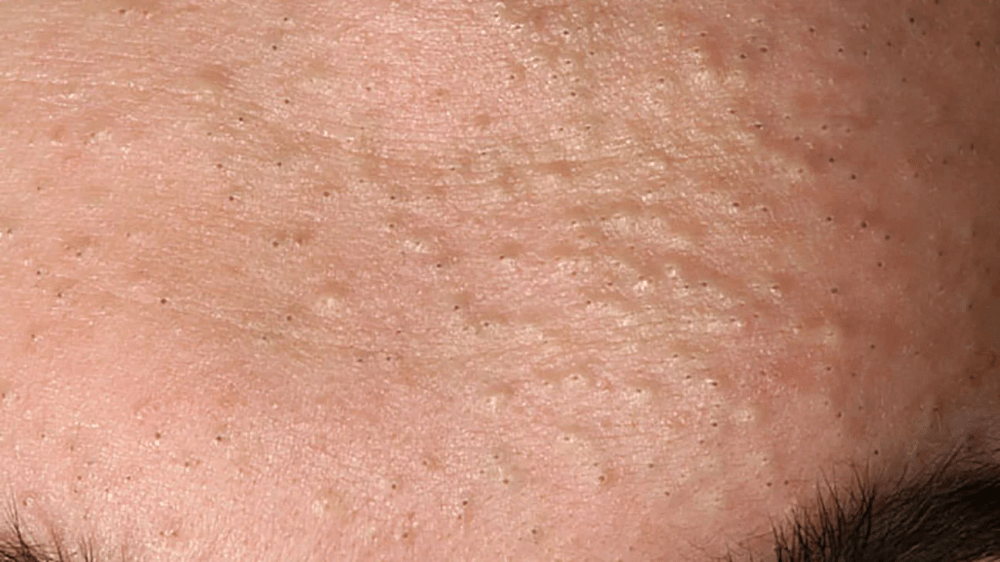
How do blackheads occur?
The appearance of blackheads is often related to the skin’s sebum production. People with oily skin often suffer more from blackheads because their sebaceous glands are overactive and produce an excessive amount of sebum. This abundant sebum provides an ideal breeding ground for bacteria and dead skin cells to accumulate in the pores.
In addition, hormonal fluctuations, such as during puberty, menstruation or hormonal disorders, can also contribute to the formation of blackheads. Hormones can stimulate sebum production, leading to an increased risk of clogged pores and comedones.
What can you do about blackheads yourself?
Comedones can sometimes be frustrating, but there are certainly actions you can take yourself to prevent and reduce them. Here are some helpful steps you can incorporate into your daily routine:
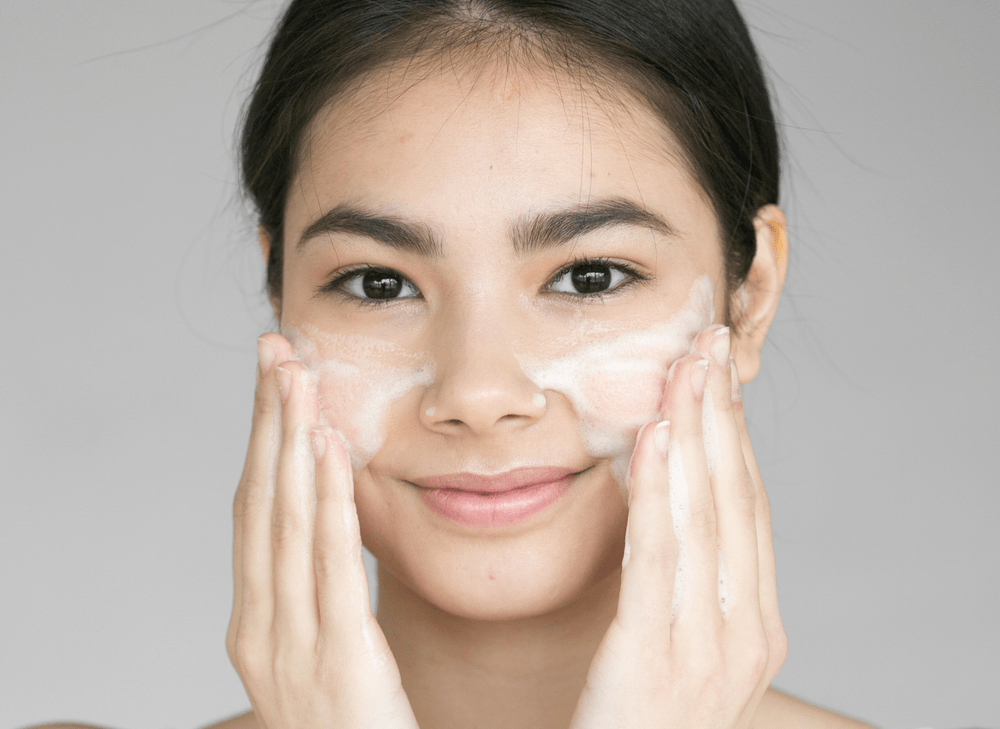
Cleanse your face regularly: Proper facial cleansing is essential to remove excess oil, dirt and dead skin cells that could otherwise clog pores. Choose a mild facial cleanser that suits your skin type and use it twice a day, morning and night. Avoid over-cleaning, however, as this can dry out the skin and have the opposite effect.
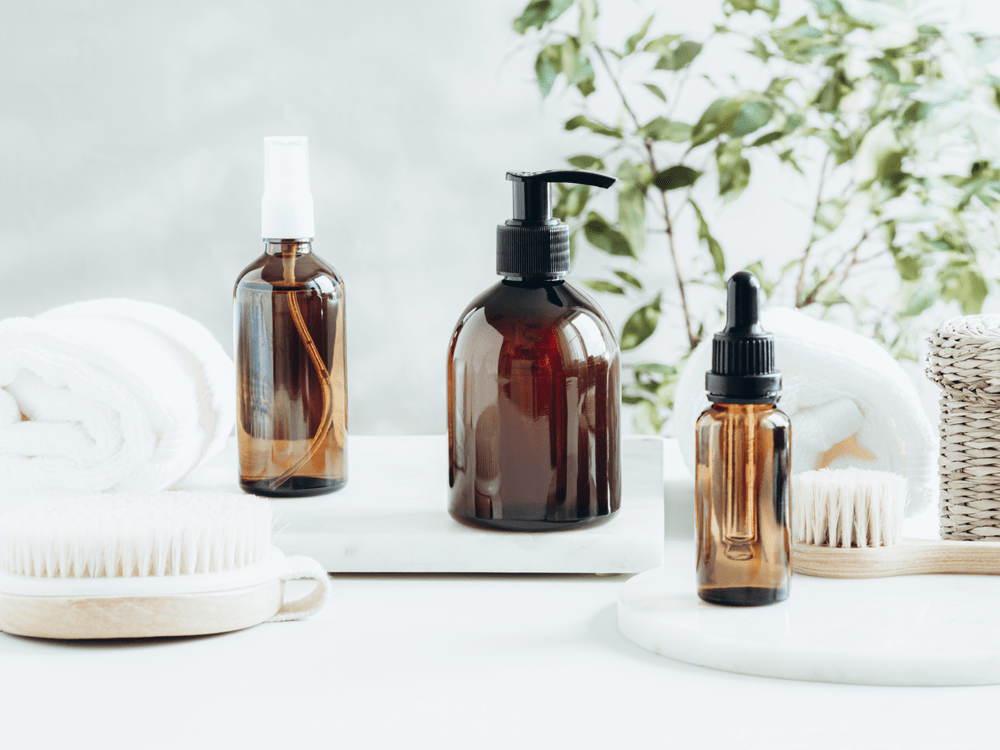
Use non-comedogenic products: Comedogenic products can clog pores and contribute to the appearance of blackheads. Therefore, always check the ingredient list of your skin care products and makeup to make sure they are non-comedogenic. This means they do not contain ingredients that block pores.
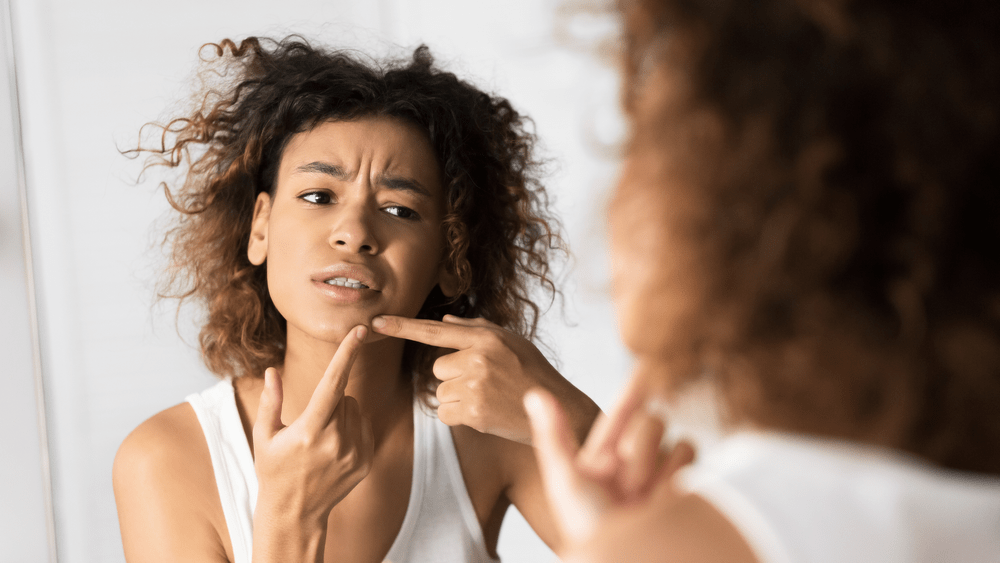
Avoid squeezing blackheads: As tempting as it may be to squeeze blackheads, don’t do it with your fingers or nails. By doing so, you can damage the skin and cause inflammation, which can lead to more comendones and even scars. So remember, don’t squeeze out blackheads yourself!
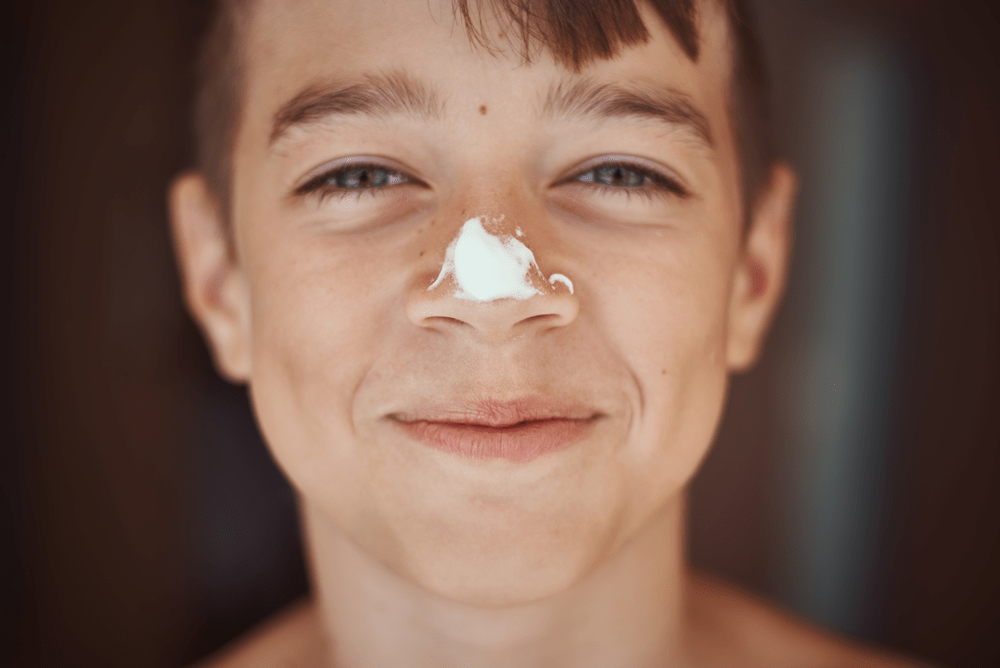
Use sunscreen: Make sure you use a broad spectrum sunscreen with a high SPF every day. Sun exposure can damage the skin and cause inflammation, increasing the risk of blackheads. Protect your skin from the harmful effects of UV rays to prevent blackheads.

Be careful with hair products: Some hair products contain oils or ingredients that can be comedogenic. When these products come in contact with your face, they can contribute to clogged pores and blackheads. Try to protect your face while applying hair products or choose noncomedogenic hair products.
Incorporating these simple steps into your daily skin care routine can make a significant difference in preventing and reducing blackheads. However, if you find that blackheads are persistent or your skin problems are getting worse, it is advisable to consult a dermatologist. A professional assessment can help determine the best approach for your specific skin type and needs.
How are blackheads treated?
Fortunately, there are several effective treatments available to effectively address blackheads. Depending on the severity of the blackheads and the person’s skin type, both manual and medicinal treatments can be used.
Manual treatments
Fortunately, there are several effective treatments available to effectively address blackheads. Depending on the severity of the blackheads and the person’s skin type, both manual and medicinal treatments can be used.
Medicinal treatments
Medicinal treatments use topical creams, gels or lotions that contain specific ingredients such as benzoyl peroxide, salicylic acid or retinoids. These drugs have proven effective in cleansing pores and preventing the formation of new blackheads. Benzoyl peroxide acts as an antimicrobial agent that kills bacteria that can cause acne, while salicylic acid unclogs pores and removes dead skin cells. Retinoids are derived from vitamin A and promote cell renewal, allowing the skin to renew itself faster and reducing the formation of blackheads.
It is important to note that although medicinal treatments can be effective, some of these products can cause mild side effects, such as redness, dryness or irritation of the skin. Therefore, it is always wise to consult a dermatologist before starting any medicated treatment to determine the most appropriate treatment for your skin type and specific needs.
Combine treatments for optimal results
For some people, combinations of both manual and medicinal treatments can be most effective in fighting blackheads. A complete approach can help to thoroughly cleanse the skin, keep pores free of clogging and reduce inflammation.
It is important to remember that everyone has unique skin and what works for one person may not have the same effect on another. It is therefore advisable to seek professional advice at Carpe Clinic, where our experienced dermatologists can offer you personalized treatment plans tailored to your specific skin condition and needs. With advanced technologies and effective treatments, we can work together to achieve clear and radiant skin.
How can you prevent blackheads?
Preventing blackheads starts with addressing your skin care and lifestyle. In addition to following a regular cleansing routine and avoiding comedogenic products, there are other practical steps you can take to keep your skin healthy and minimize the formation of blackheads:

Hydrate from the inside out: Drinking enough water is essential for healthy skin. It helps drain toxins from the body and promotes healthy cell renewal. Try to drink at least 8 glasses of water daily to keep your skin hydrated and radiant.

Balanced diet: A balanced diet rich in nutrients, antioxidants and vitamins is beneficial for your skin. Try to include foods rich in vitamin C, vitamin E, zinc and selenium, as they can help maintain healthy skin and reduce inflammation. At the same time, limit the intake of processed foods, sugars and trans fats, as these can contribute to increased sebum production and clogged pores.
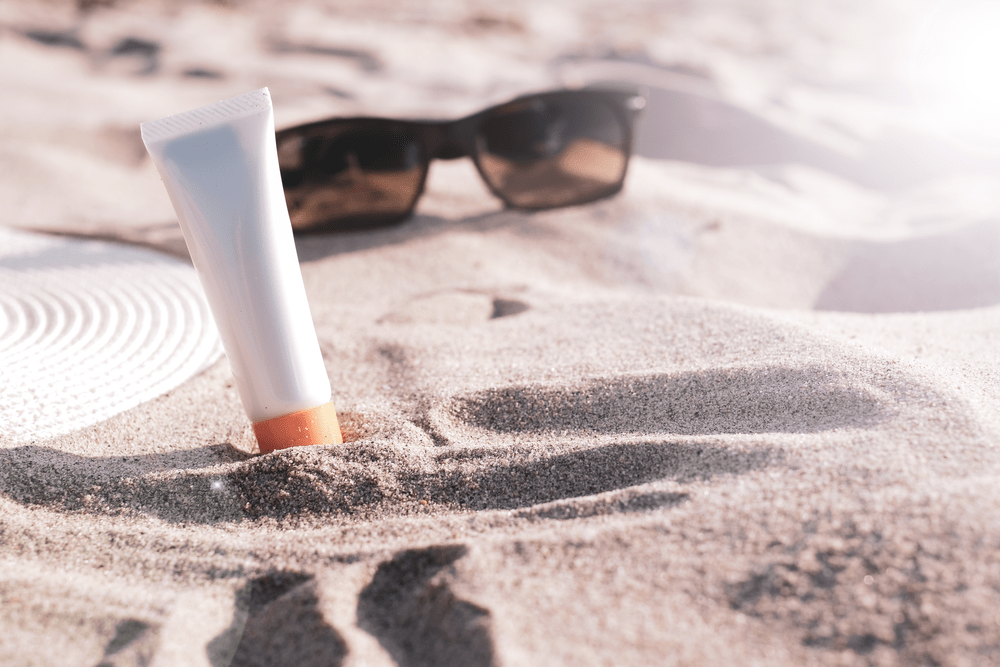
Protect your skin from the sun: Overexposure to the sun can damage the skin and cause inflammation. Use a broad spectrum sunscreen with a high SPF daily to protect your skin from harmful UV rays. In addition, wearing protective clothing, such as a hat and long sleeves, is a smart move if you will be in the sun for extended periods of time.
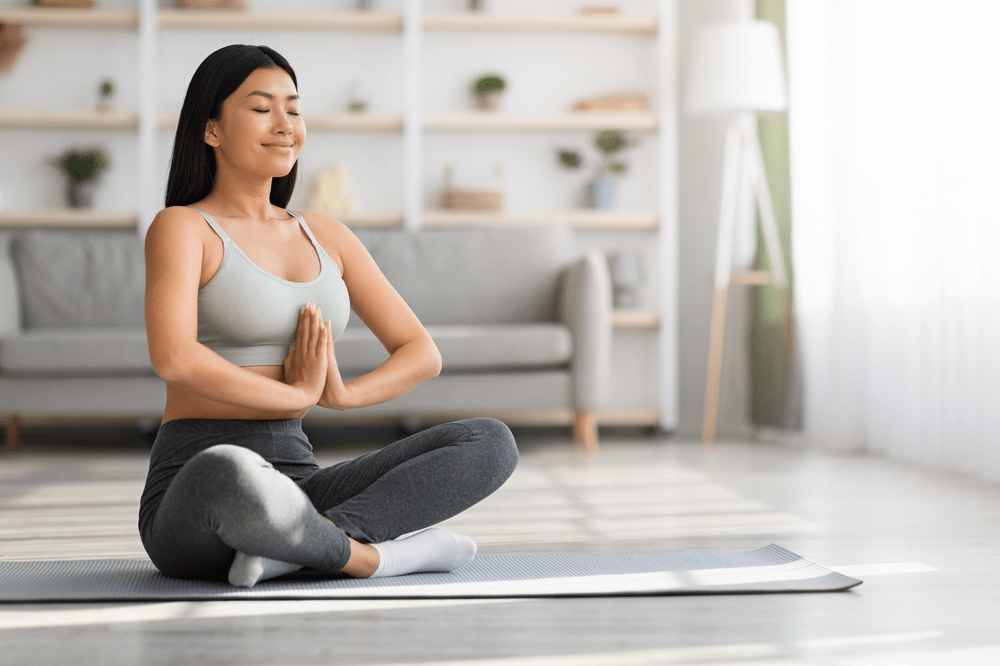
Minimize stress: Stress can negatively affect your skin and contribute to skin conditions, including blackheads. Try to reduce stress through relaxation techniques such as meditation, yoga or walking in nature. A good night’s sleep is also essential for healthy skin, so make sure you get enough sleep to give your body and skin the rest it needs.
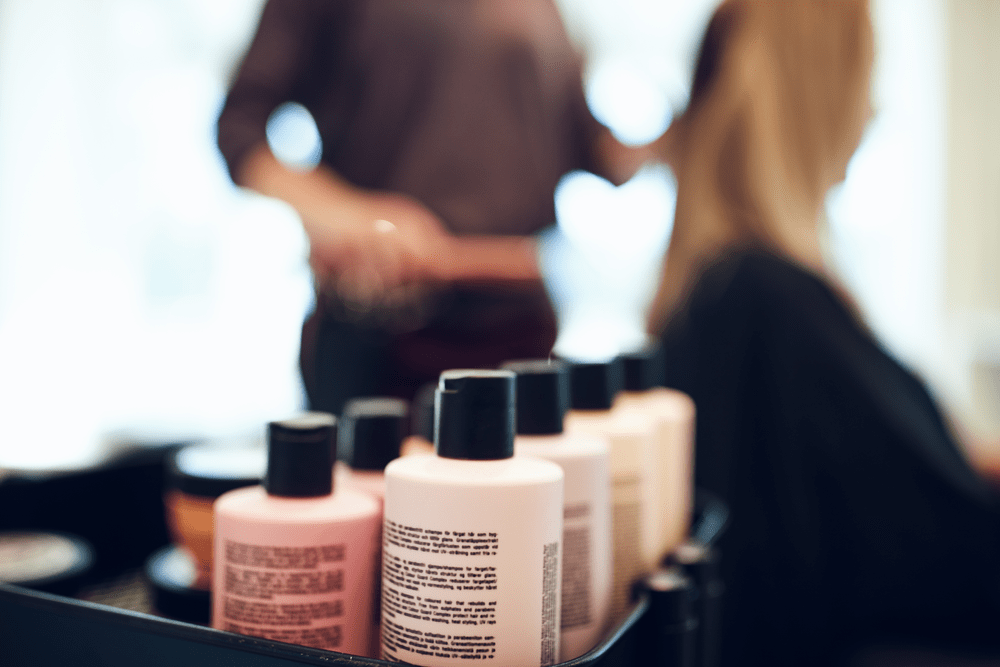
Use noncomedogenic hair products: Hair products, such as shampoos, conditioners and styling products, can contribute to the formation of blackheads if they come in contact with your face or neck. Choose hair products that are non-comedogenic to avoid clogging pores.

Avoid smoking and alcohol: Smoking and excessive alcohol consumption can damage the skin and cause inflammation, increasing the risk of blackheads. Avoiding these habits contributes to healthier skin and overall well-being.
By incorporating these healthy habits into your lifestyle, you can significantly improve the health of your skin and prevent blackheads. It is important to be patient and remain consistent in your efforts, as a healthy skin care routine and lifestyle will take effect over time.
Table of Contents
Make an appointment
Do you have questions?
Make an appointment at our clinic.
See also
Carpe Clinic will help you move forward!
At Carpe Clinic, we understand how blackheads can affect your self-confidence and strive to help you achieve even, clear skin. Our experienced dermatologists offer customized
treatments
to effectively treat and prevent blackheads. With advanced technologies and a personalized approach, we are ready to make your skin shine again. Please do not hesitate to
contact
Carpe Clinic for a personal consultation. Let us help you bring out your best skin and shine confidently again!
